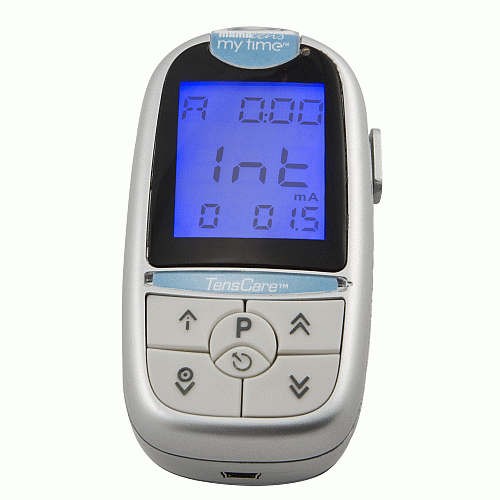
The inner-circle are given more flexibility, input and consideration, even though some can't find their way in to work without getting confused.

You slowly start to realize not to trust anyone including your manager. You find if you have a good work ethic that goes above an beyond the others, you are marked. Management has an inner-circle of "preferred" individuals. Work culture is not a positive one.Įvery time you make a suggestion present an idea or ask a question you are met with a NO. I am looking forward to making an impact, connecting with our colleagues, community, and contributing to our mission.USPI likes to send emails stating how they value employees, but it's all hype. I am very fortunate to have a mentor invested in my growth, projects that align with my interests and allow me to contribute to patient care, and work alongside colleagues I admire. I was honored when I was offered a Management Fellow position with SPHP. Peter's Health Partners was an organization where I could see myself learning and growing. During my interview with Michael Finegan, I learned more about the culture of the organization, the Senior Leadership Team, and the goals of the ministry.Īfter my interview with Michael, I knew St.

Peter's Health Partners as my number one ministry. I quickly became interested in the organization for its commitment to those who are most vulnerable while also being committed to its colleagues.I applied and interviewed with four ministries at Trinity, and at the end, I was asked to rank the top ministry I would like to be a fellow at. I was seeking a position that hit on all of the following criteria: a position in hospital setting, extensive training with a mentor, ability to improve patient care and outcomes, ability to work in management, the ability to use data for change, and the ability to be part of an organization that was mission-driven.ĭuring my search, I found the Trinity Health Fellowship Program. After my summer at the CDC, I went back to NYC to begin my second year as a graduate student and began to look for positions post-graduation. My time at Columbia allowed me to deep dive into the significant challenges our health systems faced and taught me to think of creative and innovative solutions when challenged with solving these problems.ĭuring my summer practicum between year one and two of my master's program, I moved to Atlanta, Georgia, to be a Data Analysis Intern at the Centers for Disease Control and Prevention (CDC.) I learned a new appreciation for data and realized that I wanted to use it to implement positive changes to improve our national health systems. During this time, I realized that I loved managing programs, gathering people and resources, and working with a hospital.Īfter I graduated from UNTD, I moved to NYC, New York, to attend Columbia University and obtain my Master of Healthcare Administration.
MYTIME UNITEDSURGICAL COM FREE
We partnered with our local Children's Hospital to provide free car seats to low-income families on campus. Starting this association helped me learn more about my community's barriers to health, food, housing, and mental health resources. During my time at UNTD, I founded the Public Health Student Association to promote health and wellness to our students and staff. I spent three years obtaining a Bachelor of Public Health and minors in Business and Sociology. I learned a lot, but after the internship, I knew I wanted to work in healthcare.Īfter graduating high school as Valedictorian, I attended the University of North Texas at Dallas (UNTD) as a Presidential Scholar. The organization did a great job managing relationships with local businesses and ensuring all stakeholders were happy with their partnership. The organization focused on promoting Dallas as a destination and partnered with local businesses to provide services to the new visitors. Thinking that I would go into the medical field, I actually decided to try the business-centered internship at DCVB.I soon fell in love with the business model at the DCVB. After being accepted into the program, I was given two internship offers, one at United Surgical partners and another at the Dallas Convention and Visitor's Bureau (DCVB.)

When I turned 16, I applied for the Mayor's Internship program for high school students. Back in high school, I was part of the biomedical career cluster, and based on what we were taught, it seemed like there were only two possible careers: nursing or medical. My healthcare story started during my teen years, and it's been a windy road to figure out what I wanted to do with my career.


 0 kommentar(er)
0 kommentar(er)
